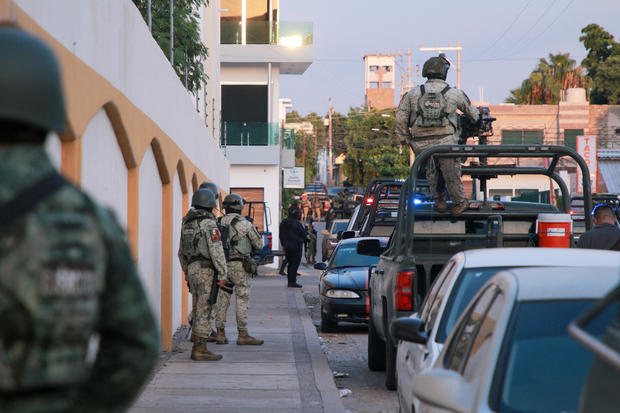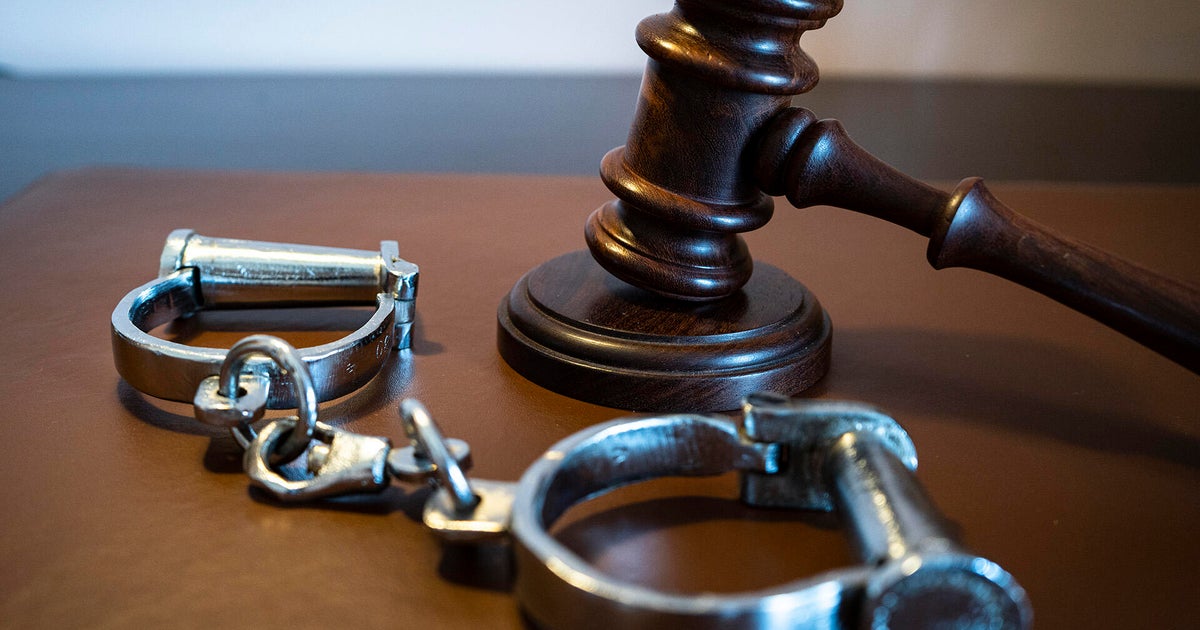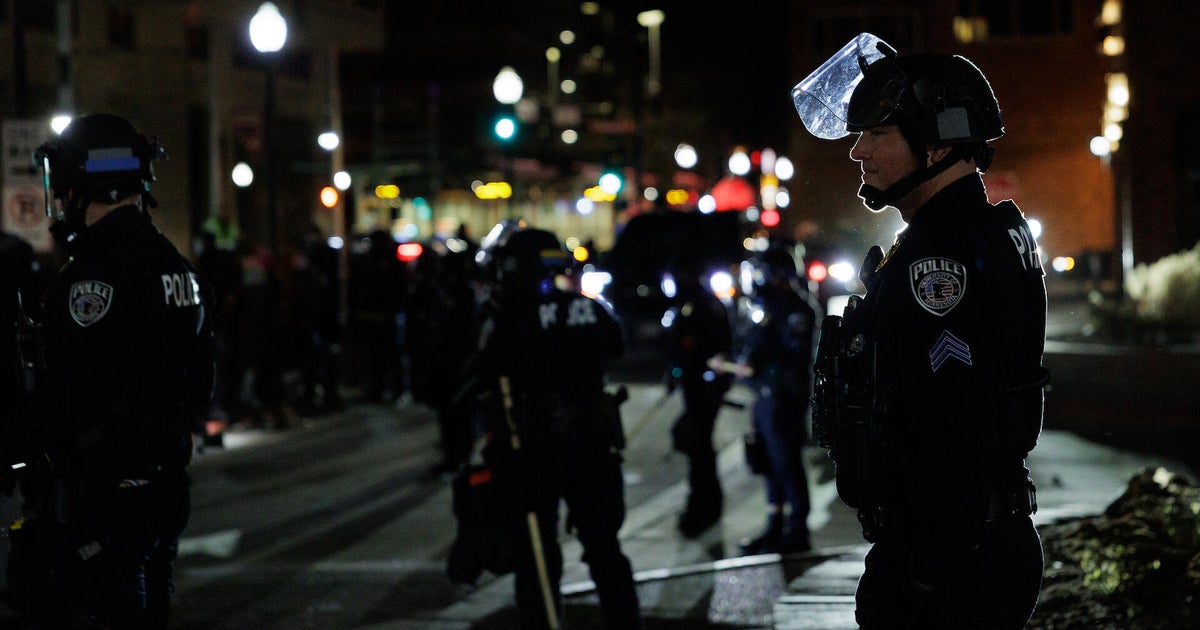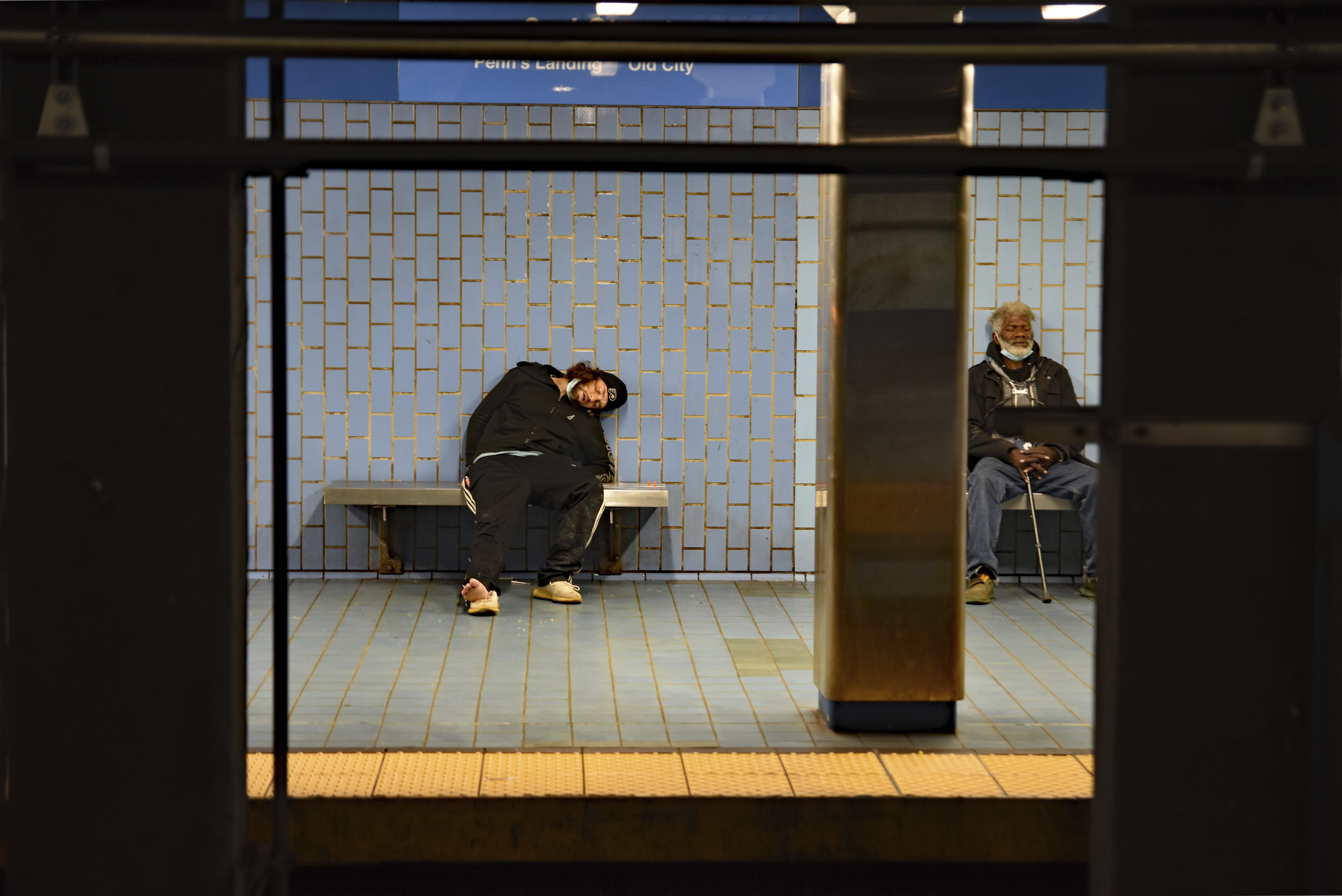Ice cream shops and pharmacy linked to ruthless Mexico cartel, U.S. Treasury Department says
The U.S. Treasury Department on Tuesday said it sanctioned two Mexican businesses — an ice cream chain and a local pharmacy — for allegedly using proceeds of fentanyl trafficking to finance their operations tied to the Sinaloa cartel.
The move comes as rival cartel factions have been in a deadly conflict with each other and authorities following the surprise arrest on U.S. soil of Sinaloa Cartel co-founder Ismael "El Mayo" Zambada in late July, which is believed to have unleashed an internal power struggle within the group.
Treasury's Office of Foreign Assets Control — the U.S. agency that combats illicit funds and money laundering — said people previously cited for money laundering had set up a chain of ice cream and popsicle shops in the state of Sinaloa.
The Sinaloa cartel often uses their earnings from international drug trafficking to establish businesses, pouring cash into everything from fraudulent timeshare operations to restaurants to launder money.
OFAC said that another individual set up a pharmacy and convenience store using drug proceeds in the northern state of Sonora.
"President Biden and Vice President Harris are committed to using every tool at our disposal to combat the cartels that are poisoning our communities with fentanyl and other deadly drugs," said Deputy Secretary of the Treasury Wally Adeyemo in a statement.
The sanctions come days after the U.S. rejected accusations by Mexico's President that the U.S. was partly responsible for a surge in cartel warfare that left dozens of people dead in Sinaloa.
The cartel is responsible for a significant portion of fentanyl trafficking into the U.S. They precursor chemicals from China and India to make the synthetic opioid and smuggle it into the United States, where it causes about 70,000 overdose deaths annually.
Jesús Norberto Larrañaga Herrera, known as "El 30," and Karla Gabriela Lizárraga Sánchez, established "Nieves y Paletas," an ice cream chain with several storefront locations around the capital using drug proceeds, according to the U.S. Treasury Department.
OFAC said a retail pharmacy and convenience store in Sonora were tied to drug trafficker José Arnoldo Morgan Huerta, nicknamed "Chachio." His brother, Juan Carlos Morgan Huerta, known as "Cacayo," is a Sinaloa cartel "plaza boss" and oversees drug trafficking in the border city of Nogales.
"Today's action is part of a whole-of-government effort to counter the global threat posed by the trafficking of illicit drugs into the United States that is causing the deaths of tens of thousands of Americans annually, as well as countless more non-fatal overdoses," the U.S. Treasury Department said in the statement.
Separately, the Treasury Department also announced Tuesday it was sanctioning five leaders of Colombia's Clan del Golfo (CDG), a top drug trafficking network.
The Gulf Clan "is one of the country's largest drug trafficking organizations and a key contributor to human smuggling through the Darién Gap," officials said in a statement.
In July, U.S. President Joe Biden announced a series of proposals aimed at curbing the ongoing drug epidemic. These include a push on Congress to pass legislation to establish a pill press and tableting machine registry and enhance penalties against convicted drug smugglers and traffickers of fentanyl.




